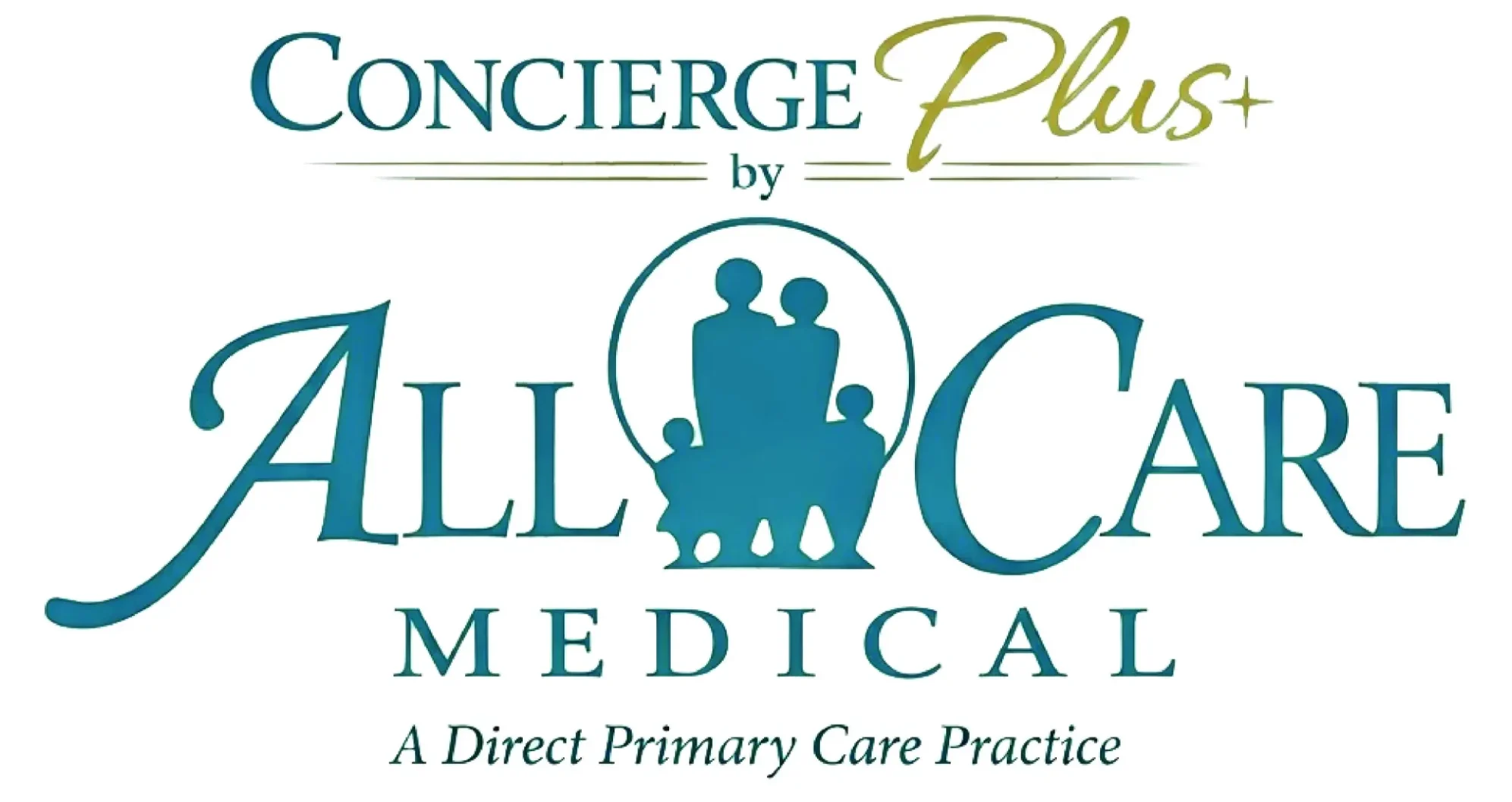Hydration is vital for maintaining overall health, yet many people unknowingly sabotage their hydration efforts by consuming beverages that can dehydrate the body. Two common culprits are caffeine and alcohol. In this blog, we’ll explore how these substances affect your body’s hydration levels and offer tips to help you stay properly hydrated.
Understanding Dehydration
Dehydration occurs when your body loses more fluids than it takes in, leading to an imbalance that can affect normal bodily functions. Common symptoms of dehydration include thirst, dry mouth, dizziness, headache, and dark-colored urine. Severe dehydration can lead to more serious health issues, such as kidney stones, urinary tract infections, and even heatstroke.
How Caffeine Dehydrates the Body
Caffeine is a natural stimulant found in coffee, tea, energy drinks, and many soft drinks. While moderate caffeine consumption has some health benefits, such as improved alertness and concentration, excessive intake can lead to dehydration. Here’s how:
1. Diuretic Effect: Caffeine is a diuretic, meaning it increases urine production. When you consume caffeinated beverages, your kidneys are prompted to remove more water from your bloodstream, leading to increased urine output and fluid loss.
2. Reduced Absorption: High caffeine intake can interfere with the body’s ability to absorb water efficiently, further contributing to dehydration.
3. Increased Sweat Production: Caffeine can also stimulate your nervous system, leading to increased sweat production, which can cause additional fluid loss, especially during physical activity.
How Alcohol Dehydrates the Body
Alcohol is another common diuretic that can lead to dehydration. Consuming alcoholic beverages can have several dehydrating effects on your body:
1. Increased Urine Output: Like caffeine, alcohol increases urine production by inhibiting the release of vasopressin, a hormone that helps the kidneys manage fluid balance. This results in more frequent urination and fluid loss.
2. Electrolyte Imbalance: Excessive alcohol consumption can disrupt the balance of electrolytes in your body, which are crucial for maintaining proper hydration. This imbalance can lead to dehydration and its associated symptoms.
3. Impaired Thirst Mechanism: Alcohol can impair your body’s natural thirst mechanism, making it more difficult to recognize when you need to rehydrate.
Tips to Stay Hydrated
Despite the dehydrating effects of caffeine and alcohol, you can still enjoy these beverages in moderation while maintaining proper hydration. Here are some tips to help you stay hydrated:
1. Drink Plenty of Water: Make it a habit to drink water throughout the day. A general guideline is to aim for at least eight 8-ounce glasses of water daily, but your needs may vary based on your activity level, climate, and overall health.
2. Balance with Hydrating Foods: Incorporate hydrating foods into your diet, such as fruits and vegetables with high water content. Watermelon, cucumbers, oranges, and strawberries are excellent choices.
3. Moderate Your Intake: Limit your caffeine and alcohol consumption. The recommended daily limit for caffeine is about 400 milligrams (roughly four 8-ounce cups of coffee), and for alcohol, it’s up to one drink per day for women and up to two drinks per day for men.
4. Hydrate Before and After: If you plan to consume caffeine or alcohol, drink a glass of water before and after to help offset fluid loss.
5. Monitor Your Urine Color: Keep an eye on the color of your urine. Pale yellow urine generally indicates good hydration, while darker urine may be a sign that you need to drink more fluids.
Understanding the dehydrating effects of caffeine and alcohol can help you make informed choices about your beverage consumption. By balancing your intake of these diuretics with adequate water and hydrating foods, you can maintain optimal hydration and support your overall health.
If you have any concerns about your hydration status or need personalized advice, don’t hesitate to contact All Care Medical. We’re here to help you stay healthy and hydrated!

